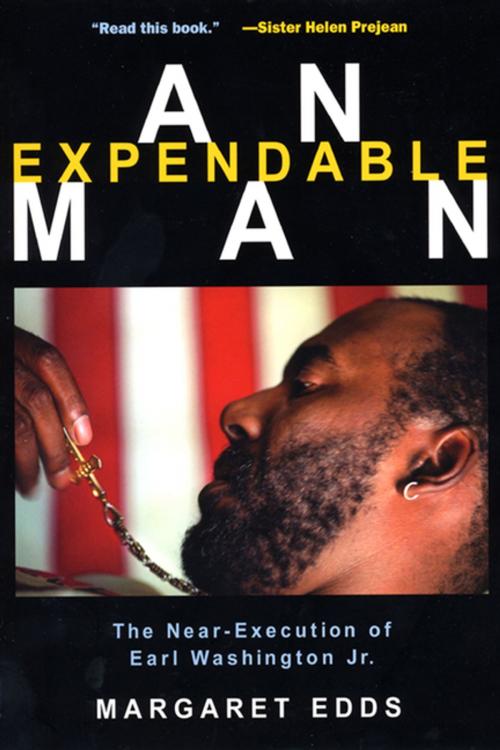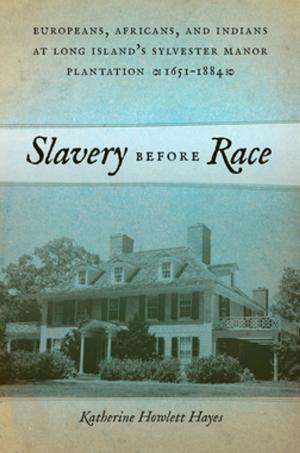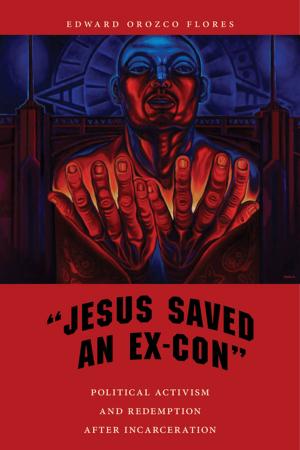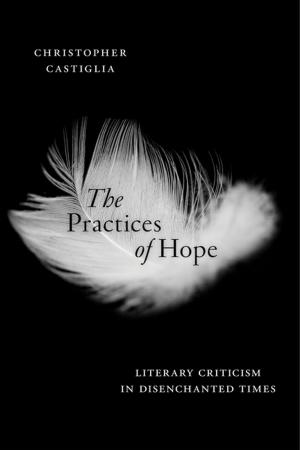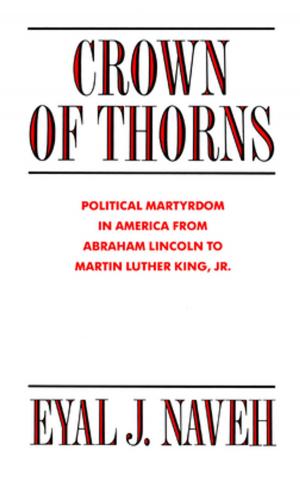An Expendable Man
The Near-Execution of Earl Washington, Jr.
Nonfiction, Reference & Language, Law, Civil Law, Social & Cultural Studies, Social Science, Crimes & Criminals, Criminology| Author: | Margaret Edds | ISBN: | 9780814722442 |
| Publisher: | NYU Press | Publication: | August 1, 2003 |
| Imprint: | NYU Press | Language: | English |
| Author: | Margaret Edds |
| ISBN: | 9780814722442 |
| Publisher: | NYU Press |
| Publication: | August 1, 2003 |
| Imprint: | NYU Press |
| Language: | English |
How is it possible for an innocent man to come within nine days of execution? An Expendable Man answers that question through detailed analysis of the case of Earl Washington Jr., a mentally retarded, black farm hand who was convicted of the 1983 rape and murder of a 19-year-old mother of three in Culpeper, Virginia. He spent almost 18 years in Virginia prisons—9 1/2 of them on death row—for a murder he did not commit.
This book reveals the relative ease with which individuals who live at society's margins can be wrongfully convicted, and the extraordinary difficulty of correcting such a wrong once it occurs.
Washington was eventually freed in February 2001 not because of the legal and judicial systems, but in spite of them. While DNA testing was central to his eventual pardon, such tests would never have occurred without an unusually talented and committed legal team and without a series of incidents that are best described as pure luck.
Margaret Edds makes the chilling argument that some other “expendable men” almost certainly have been less fortunate than Washington. This, she writes, is “the secret, shameful underbelly” of America's retention of capital punishment. Such wrongful executions may not happen often, but anyone who doubts that innocent people have been executed in the United States should remember the remarkable series of events necessary to save Earl Washington Jr. from such a fate.
How is it possible for an innocent man to come within nine days of execution? An Expendable Man answers that question through detailed analysis of the case of Earl Washington Jr., a mentally retarded, black farm hand who was convicted of the 1983 rape and murder of a 19-year-old mother of three in Culpeper, Virginia. He spent almost 18 years in Virginia prisons—9 1/2 of them on death row—for a murder he did not commit.
This book reveals the relative ease with which individuals who live at society's margins can be wrongfully convicted, and the extraordinary difficulty of correcting such a wrong once it occurs.
Washington was eventually freed in February 2001 not because of the legal and judicial systems, but in spite of them. While DNA testing was central to his eventual pardon, such tests would never have occurred without an unusually talented and committed legal team and without a series of incidents that are best described as pure luck.
Margaret Edds makes the chilling argument that some other “expendable men” almost certainly have been less fortunate than Washington. This, she writes, is “the secret, shameful underbelly” of America's retention of capital punishment. Such wrongful executions may not happen often, but anyone who doubts that innocent people have been executed in the United States should remember the remarkable series of events necessary to save Earl Washington Jr. from such a fate.
